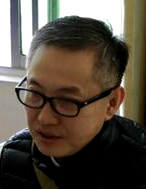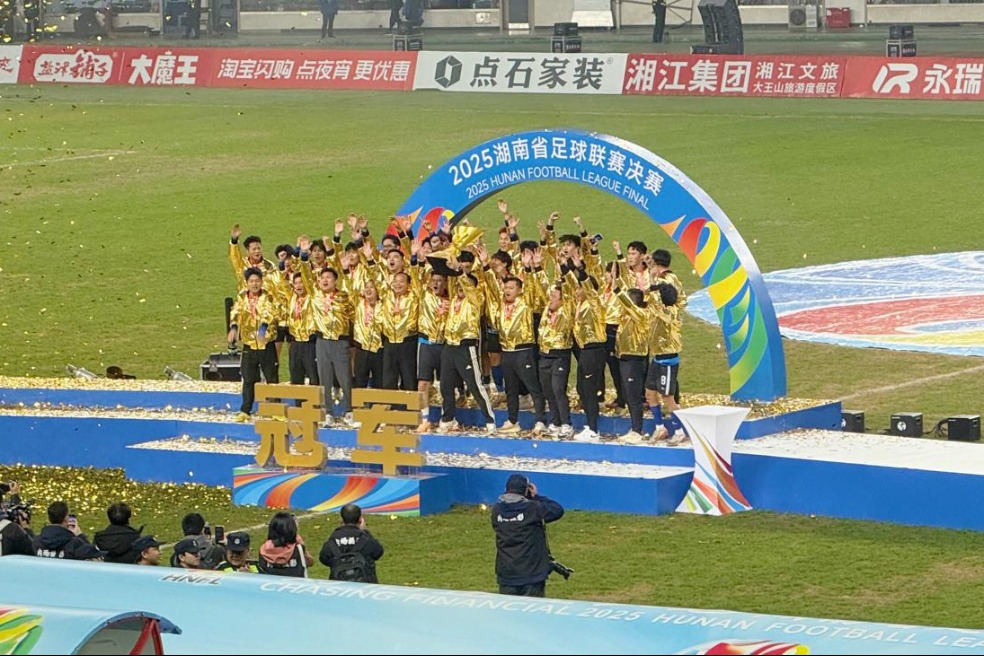Greater awareness is key to solving problems


Last month, I was assigned to Kongpo'gyada county, Tibet autonomous region, on a two-day medical assistance program. It was the first time I had traveled to Tibet as a volunteer doctor, but it was easy to identify the most common illnesses just by observing people.
The so-called plateau redness - the Tibetans' rosy cheeks - could indicate thickening of the heart muscles as a result of long exposure to low levels of oxygen.
Also, I frequently saw adults wobble slightly while walking, as if shifting their center of weight from one side to the other, which suggested severe pelvic arthritis.
After working at the county-level hospital for two days, I realized that the gap in the healthcare sector is still quite large between Kongpo'gyada and Beijing, where I work most of the time
For instance, the county-level hospital only has 30 beds to accommodate all types of patients, but at my hospital in Beijing, every department has about 40 beds.
Another concern is poor health awareness. A large number of patients were unwilling to take medical tests, or they bought medication they knew little about, in an attempt to avoid hassle as much as possible.
My field of expertise is kidney disease, and during the two day visit, I saw five people who had kidney stones. Though their conditions were critical, they came with a simple purpose; to obtain analgesics so they wouldn't feel any pain.
Given the current situation, I believe that campaigns to promote health awareness are extremely important. The most effective way would be to launch educational campaigns or talks in smaller towns and villages that are out of touch with modern medical networks.
Equally important is that more of the region's grassroots medical workers should be sent to Beijing for training.
Ultimately, local medics are a sustainable, driving force that could forge Tibet's fragmented medical services into a complete network in the long run.
Zhao Haidan spoke with Wang Xiaoyu.
- Video: PLA conducts drills on assault against maritime targets to the southeast of Taiwan
- Ecological civilization case studies published
- Smart vertical farming takes off in Chengdu
- China's military 'mindful' of ties that bind mainland and Taiwan
- PLA conducts drills on assault against maritime targets to the southeast of Taiwan
- Guangdong cities host concurrent marathon events





































